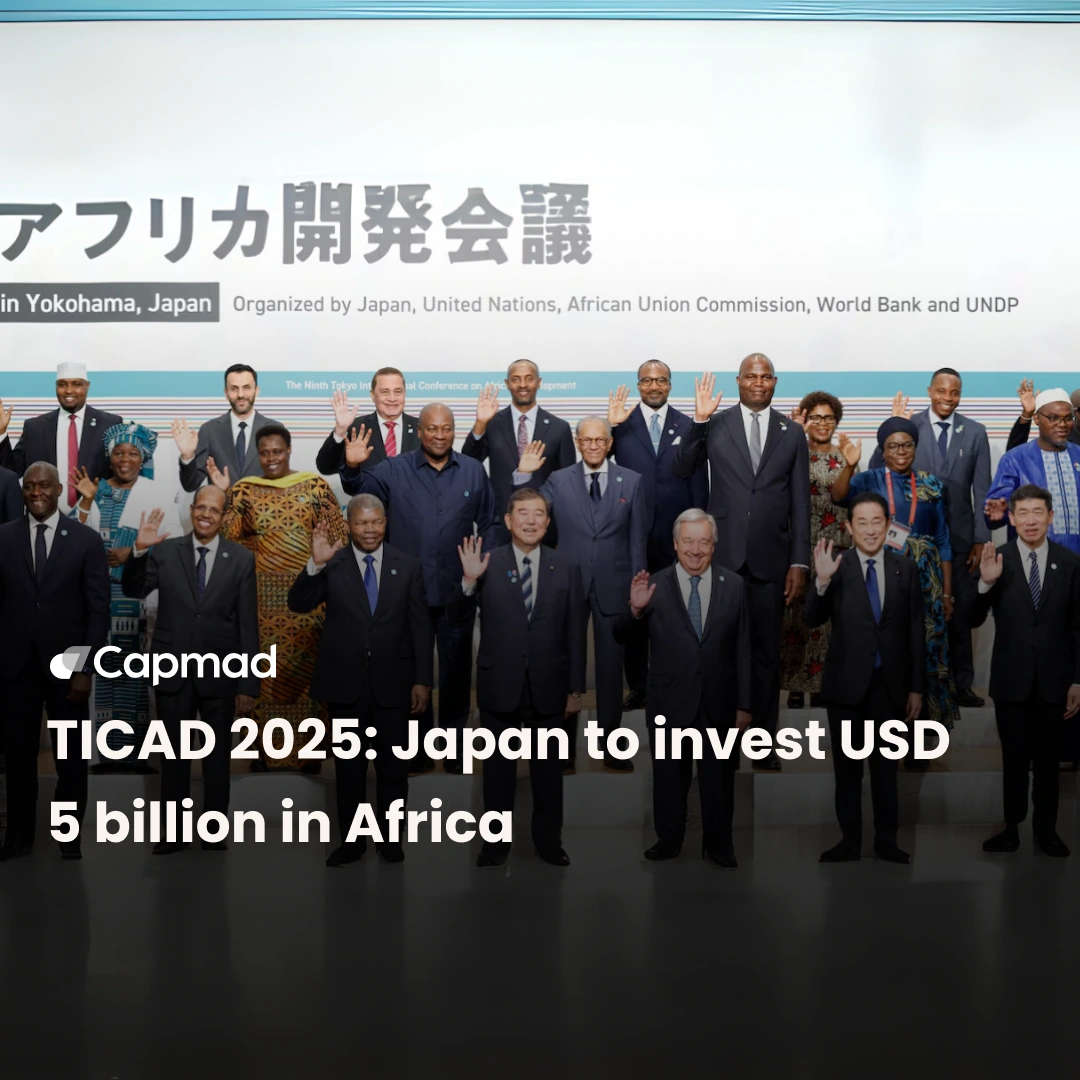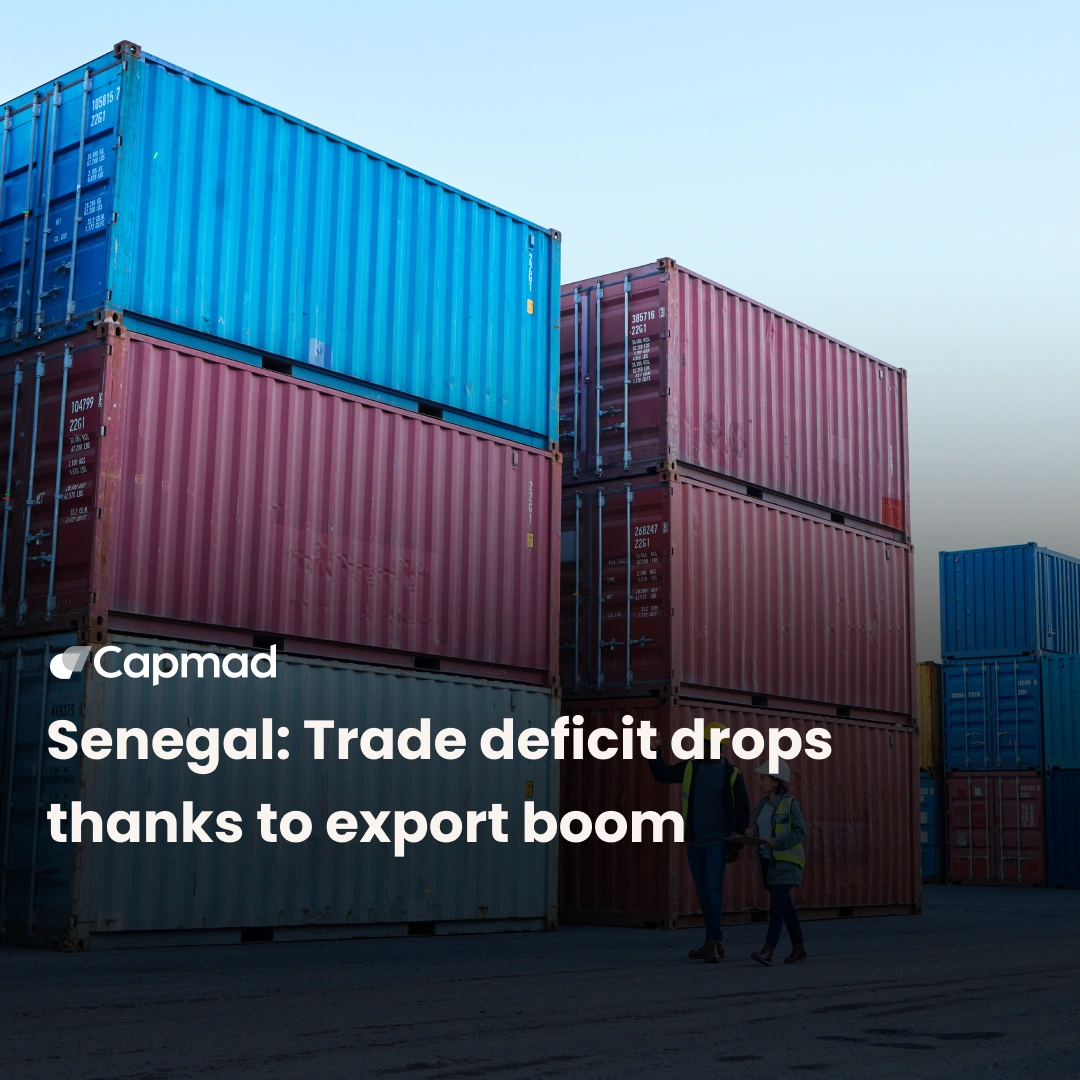French companies are seeking to offset the new US tariffs imposed by the Trump administration through several strategies combining reshoring, price increases, hiring freezes, and investment adjustments.
Main Measures Adopted by French Companies
1. Relocation of Production
Several groups are considering or accelerating local production in the United States to reduce the impact of tariffs. Bernard Arnault, CEO of LVMH, has indicated that if tariffs remain high, the group could increase its US production. LVMH already owns several Louis Vuitton and Tiffany workshops in the United States, which facilitates this strategy. Similarly, the L’Oréal group plans to relocate part of its production to limit the impact of customs duties.
2. Increased export prices
In the luxury sector, Hermès announced that it would increase its prices in the United States starting May 1st to offset the 10% customs duties. The group did not specify the exact amount of this increase, but is counting on the loyalty of its American customers. LVMH, also highly exposed to the American market, could follow a similar strategy.
3. Hiring freeze and investment reduction
Some companies, particularly in the automotive and aerospace industries, are adopting hiring freezes and investment reductions to mitigate additional costs. The automotive supplier Forvia (formerly Faurecia) has announced a hiring freeze, restrictions on business travel, and the cancellation of its participation in international trade shows. Rémy Martin, in the wines and spirits sector, has implemented furloughs for several hundred employees in response to difficulties related to customs duties and anti-dumping measures in China.
4. Impact of additional costs on customers
Airbus, facing customs duties on its aircraft exported to the United States, has indicated that the additional costs will be passed on to customers, which could harm its competitiveness against Boeing.
Particularly impacted sectors
Luxury and wines & spirits: LVMH, Hermès, and Rémy Martin are highly exposed to the American market. These groups are combining price increases, partial relocation, and social measures to limit the impact of the taxes.
Automotive: Forvia is adopting a hiring freeze and investment reduction policy, while passing on a portion of the costs to customers.
Aeronautics: Airbus is passing on the additional costs to its American customers.
Cosmetics: L’Oréal is also considering price increases and partial relocation.
Context and Perspectives
These measures come amid a trade war between the United States and the European Union. French and European authorities are seeking to negotiate agreements to reduce tensions. Bernard Arnault has called for an amicable settlement and declared himself in favor of a transatlantic free trade area. At the same time, a crisis unit has been created at the Ministry of Finance to monitor the impact of these tariffs on jobs and French businesses.
These tariffs, while hampering exports, could also encourage the relocation and upgrading of French products, as well as diversification into other global markets such as Asia or Africa.






